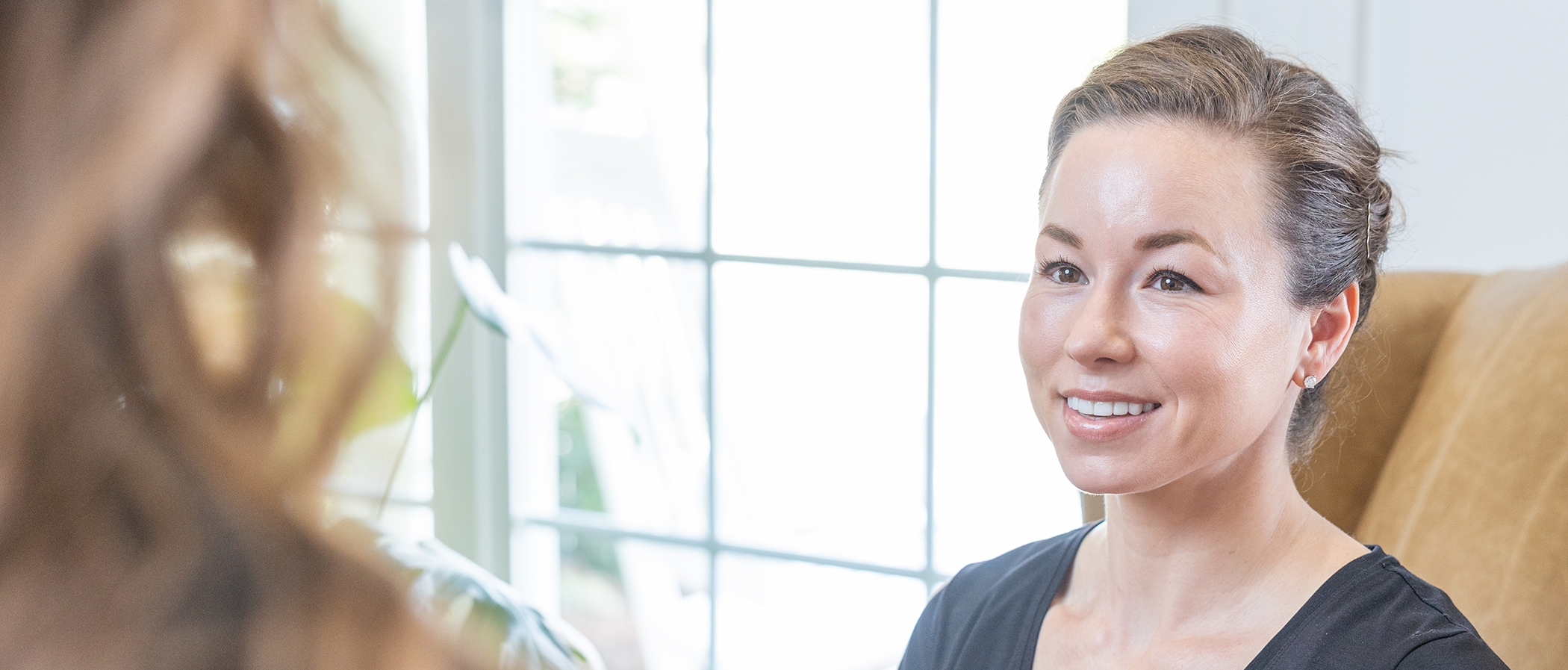Sleep Apnea Treatment Summerfield
End Snoring & Wake Up Refreshed
Do you feel exhausted no matter how many hours you spend in bed? Has your partner mentioned that you snore loudly or seem to struggle for air while sleeping? These could be signs that your airway is repeatedly blocked during the night, preventing you from getting the deep, restorative sleep your body needs. Fortunately, Dr. Parry stays current with the latest advancements in dental sleep medicine and can offer effective solutions to help you breathe easier — so both you and your loved ones can finally rest peacefully! Contact us today to set up a consultation and learn more about sleep apnea treatment in Summerfield.
Why Choose TMJ Solutions at Magnolia Shores for Sleep Apnea Treatment?
- Personalized Sleep Oral Appliances Made for Maximum Comfort
- Gentle, Non-CPAP Alternative to Traditional Sleep Apnea Therapy
- Sleep Apnea Solutions Provided by Kois Center Graduate
What Is Sleep Apnea?
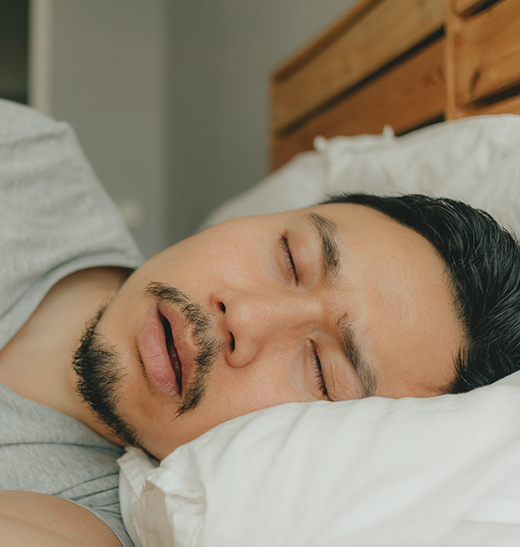
Sleep apnea is defined by repeated interruptions in breathing while you sleep. Often, it’s a bed partner who first notices telltale symptoms, like loud snoring or choking sounds during the night. You may also find yourself dealing with frequent headaches upon waking, dry mouth, trouble staying asleep, and persistent daytime fatigue or irritability. To officially confirm a sleep apnea diagnosis, a sleep doctor must analyze the results of a sleep study. This test may be done in a specialized lab or, in some cases, right at home using portable equipment.
Take Our Sleep Quiz

A quick way to find out how likely you are to have sleep apnea is to take our short sleep quiz. You’ll answer a few simple “yes or no” questions about your symptoms, and they’ll be sent to our team to evaluate. We’ll recommend whether or not you need to come in for a screening and consultation based on what we see.
The 3 Types of Sleep Apnea
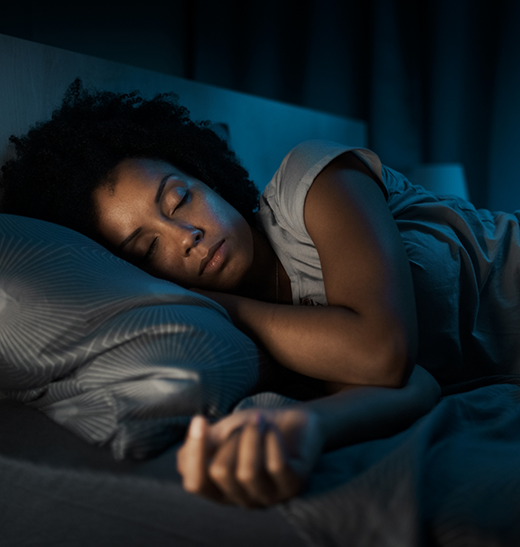
Many people don’t realize that there are actually three distinct types of this condition. Understanding which kind you have is essential because it plays a major role in determining the most effective treatment. Below, we’ve outlined the three main categories of sleep apnea.
Obstructive Sleep Apnea
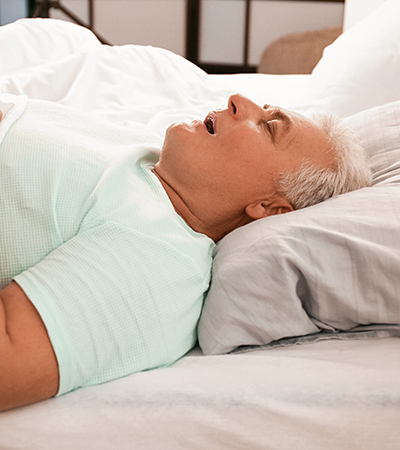
Obstructive Sleep Apnea (OSA) is by far the most common form. It occurs when the muscles and soft tissues in the throat — including the tongue — become overly relaxed during sleep and block the airway. This leads to repeated episodes of stopped (apnea) or shallow (hypopnea) breathing throughout the night. Treating OSA usually involves the use of a custom oral appliance, CPAP therapy, or other methods designed to keep the airway open so breathing remains steady and uninterrupted throughout the night.
Central Sleep Apnea
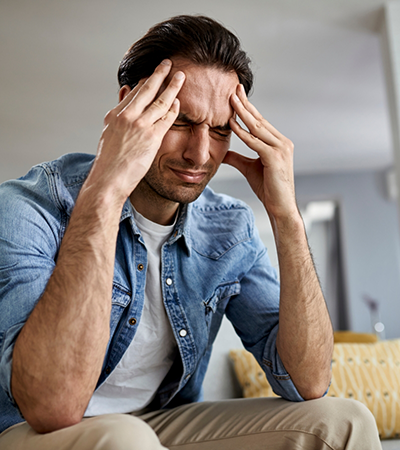
Unlike OSA, Central Sleep Apnea (CSA) is not caused by a physical obstruction of the airway. Instead, CSA happens when the brain fails to send proper signals to the muscles that control breathing. Sometimes, there’s no clear reason why this occurs, but in other cases, it can be linked to medications, certain medical conditions, or sleeping at high altitudes. Treatment for CSA may include CPAP therapy or other advanced techniques aimed at supporting consistent breathing throughout the night.
Complex Sleep Apnea
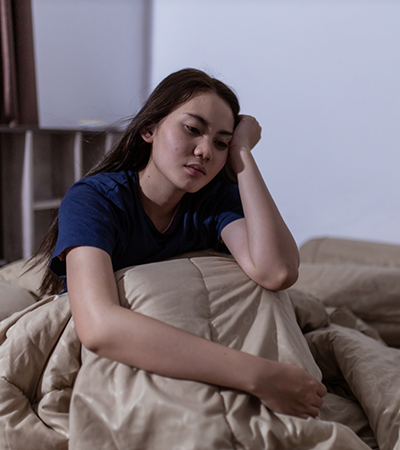
Also referred to as mixed sleep apnea, Complex Sleep Apnea is a combination of both obstructive and central sleep apnea. This means both physical blockages and brain-related signaling issues are contributing to the condition. Since Complex Sleep Apnea is more involved, it may require a combination of therapies, including oral appliances, CPAP, or other specialized treatments. Managing this form of sleep apnea requires expert care and a provider familiar with its unique challenges to ensure long-term success.
Symptoms of Sleep Apnea

Millions of people struggle with sleep apnea — often without even realizing it. While loud snoring is a well-known warning sign, many other symptoms could point to sleep apnea. Because symptoms vary from person to person, it can be difficult to recognize without knowing what to watch for. If you notice any of the following, it’s worth seeking an evaluation:
- Loud, chronic snoring
- Morning headaches
- Daytime fatigue or drowsiness
- Difficulty concentrating
- Waking up gasping or choking
-
Dry mouth or sore throat in the morning
What Causes Sleep Apnea?
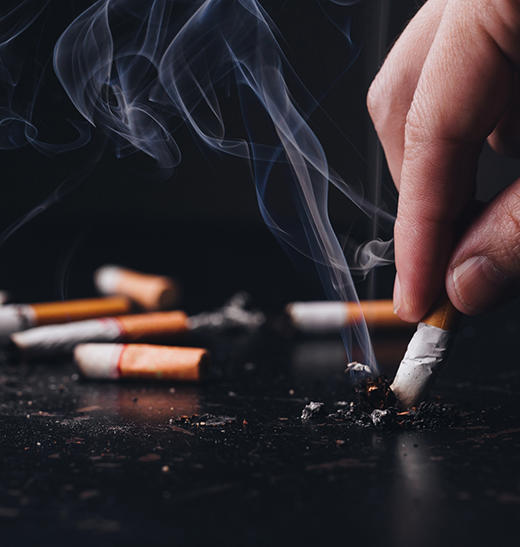
After being diagnosed with sleep apnea, many people want to know what’s causing the issue. In reality, there are many potential contributors. Below are some of the most common causes of sleep apnea, though every case is unique. The good news is that a combination of professional treatment and healthy lifestyle changes has been proven effective in managing — and in some cases eliminating — sleep apnea symptoms.
- Excess body weight
- Smoking and alcohol use
- Enlarged tonsils or adenoids
- Larger than average neck or tongue
- Chronic nasal congestion
- Family history of sleep apnea
-
Certain medications
The Dangers of Untreated Sleep Apnea

Sleep apnea impacts more than just your sleep quality — it puts your entire body under constant stress, especially your cardiovascular system. Every time an apnea episode occurs, there’s a spike in blood pressure that can linger for hours, even after you resume breathing normally. Because of this, untreated sleep apnea is strongly associated with an increased risk of heart attack, stroke, and other life-threatening health issues. Over time, the strain can lead to chronic problems that not only endanger your health but also impact your family and loved ones. Understanding these risks underscores the importance of seeking timely treatment for sleep apnea.
Who Do We Treat?

Sleep apnea can affect anyone.
Dr. Parry has extensive experience treating patients across all age groups. His personalized approach means his care is always tailored to the individual’s needs, ensuring the best possible outcome.
Men

Men are two to three times more likely to suffer from sleep apnea compared to women. This is largely because men tend to have more risk factors, including obesity, smoking, and alcohol use. Since many men work in professions that require focus and operation of heavy machinery, getting treatment can be essential for their safety on and off the job.
Women

Although less common, women can and do experience sleep apnea, especially after menopause. Women are also more likely to experience related issues like TMJ disorder and teeth grinding, which often go hand-in-hand with sleep apnea and craniofacial pain. Identifying and addressing all of these related conditions can provide more effective, comprehensive relief.
Children

Approximately 2–4% of children suffer from what’s known as Sleep Disordered Breathing, which can include chronic snoring and sleep apnea episodes. Interestingly, children with sleep apnea may not appear tired — instead, they may become hyperactive and have difficulty focusing, leading to misdiagnoses like ADHD. The good news is that, once properly treated, most children experience dramatic improvements in sleep and behavior.
How We Treat Sleep Apnea
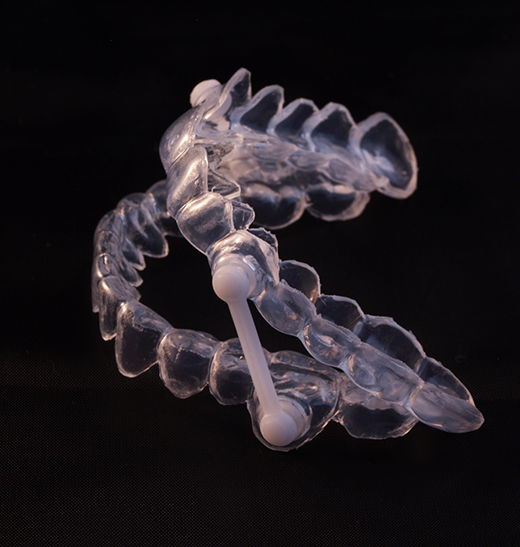
While lifestyle adjustments like weight loss, avoiding alcohol before bed, and sleeping on your side can sometimes reduce sleep apnea symptoms, professional intervention is usually needed to resolve the problem completely. Dr. Parry can create a custom oral appliance designed to either gently reposition your lower jaw forward or prevent your tongue from collapsing into your throat — both of which help keep your airway open throughout the night. With this, many patients are finally enjoying uninterrupted breathing and deep, rejuvenating sleep.
I Experience Jaw, Head, or Neck Pain (TMJ/TMD) View Our Services


